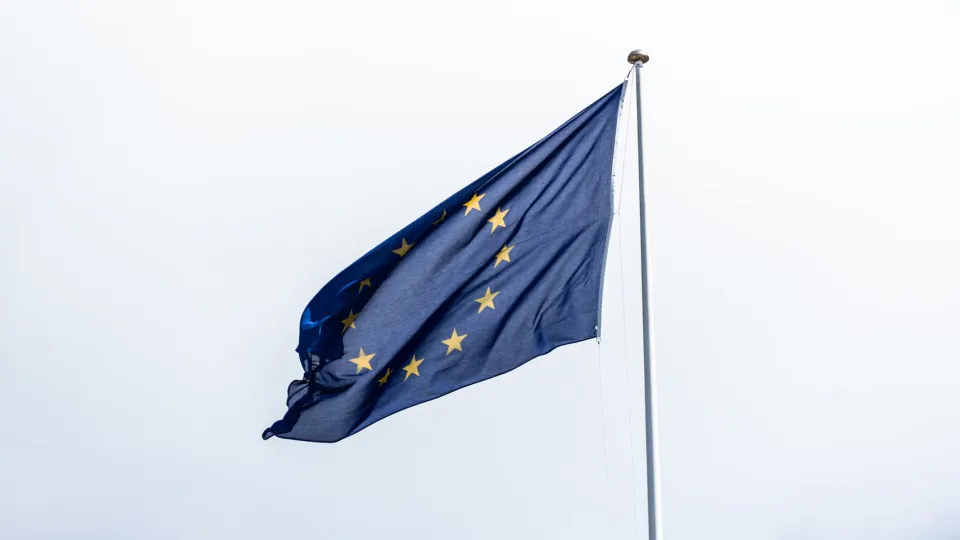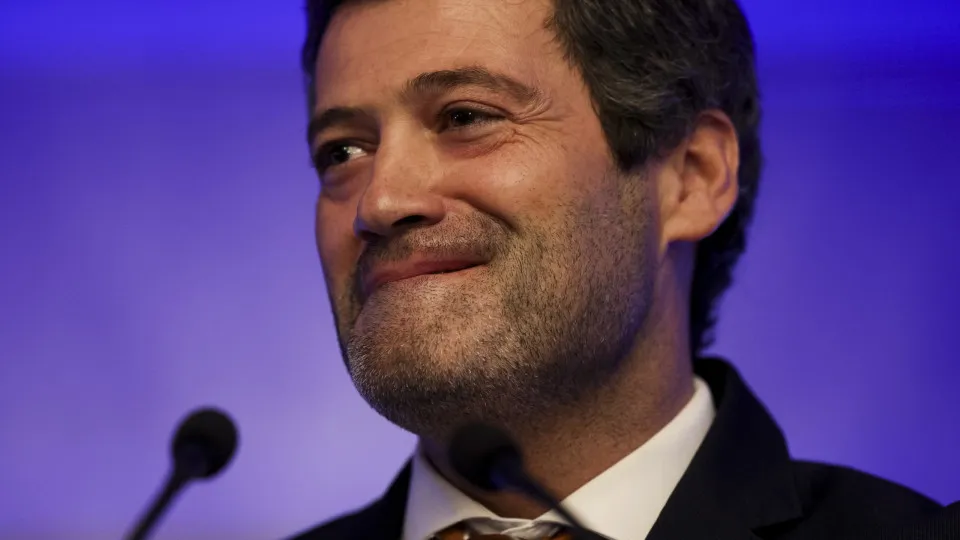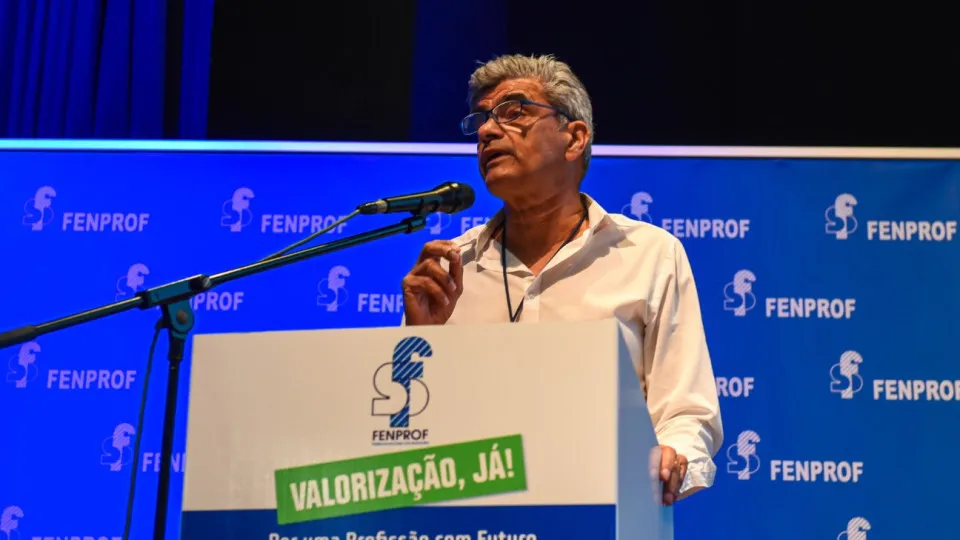
Taking place in the Danish capital due to Denmark’s rotating presidency of the Council this semester, the informal meeting of EU finance ministers, held from Friday to Saturday, is set to discuss how the Union can stand out against major competitors and drive economic growth.
On Friday, the agenda for the ministers, including Joaquim Miranda Sarmento from Portugal, includes discussions on EU competitiveness, the economic consequences of EU legislation, and how such laws can be simplified.
Approximately two out of three EU companies believe that growth and investment are hindered by regulatory complexity and excessive regulation.
To address this, the European Commission has proposed a simplification package aimed at alleviating administrative burdens by 400 million euros per year, reducing this burden by 25% for all companies and by 35% for small and medium-sized enterprises by 2029.
Other challenges faced by European businesses include tax costs, high energy prices, and a lack of skilled labor.
On the second day of the meeting, Saturday, the focus will shift to national structural reforms that countries can implement to enhance productivity and competitiveness, in the context of geopolitical tensions affecting the European economy due to conflicts in Ukraine and the Middle East, trade tensions with the United States, disagreements with China, and external dependencies in energy, defense, and critical raw materials.
This discussion coincides with the one-year anniversary of the report by former Italian Prime Minister Mario Draghi, which estimated annual additional investment needs in the EU at 800 billion euros compared to China and the United States, equivalent to over 4% of the EU’s GDP and surpassing the Marshall Plan.
This week, Mario Draghi criticized the EU’s slow and inert approach to competitiveness, calling for a new dynamic that produces results “in months, not years.”
In defense of the EU, European Commission President Ursula von der Leyen pledged commitment and urged Member States to “sense the urgency in the entire competitiveness agenda” to advance “urgent measures to address urgent needs.”
The leader of the European executive also advocated for removing obstacles to capitalize on the potential of activities such as AI startups or lithium processing in Portugal, as well as a network of strategic projects worldwide, including the Lobito corridor in Angola.
The three major transformations suggested by Mario Draghi in his report focused on accelerating innovation and finding new growth engines, investing in decarbonization while reducing high energy prices, and minimizing dependencies given geopolitical tensions.
The former European Central Bank president proposed issuing regular joint debt in the EU, as was done to address the COVID-19 crisis, massive defense investments, and a new community industrial strategy.
According to newly disclosed data by the European lobbying group European Political Innovation Council (EPIC), out of the total 383 recommendations presented, only 11.2% (43 measures) have been fully implemented.




